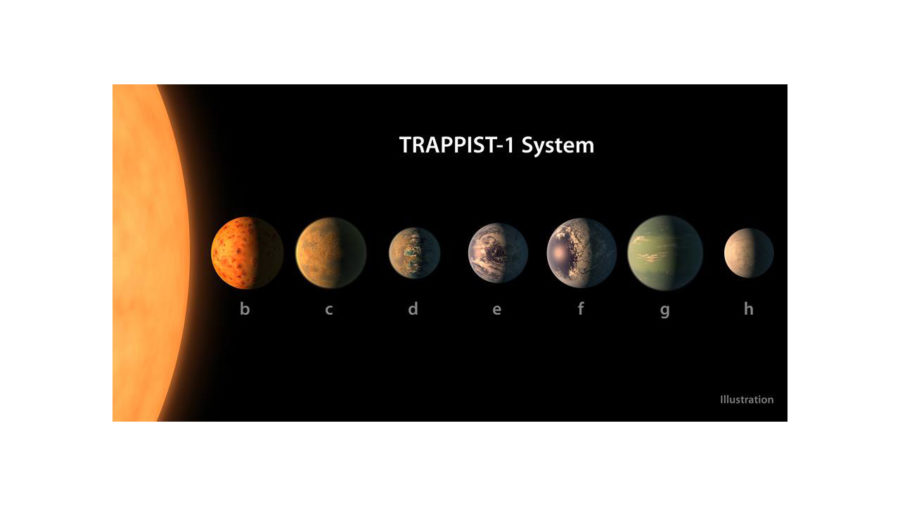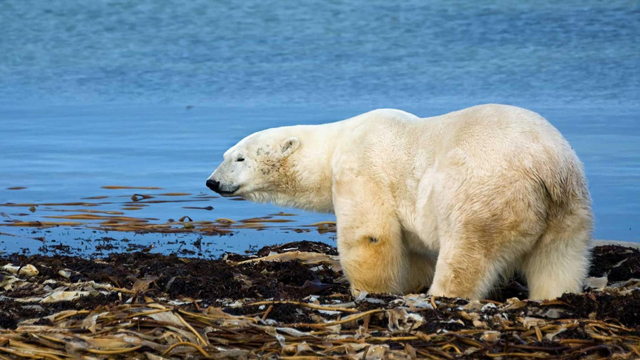On Feb. 22, NASA announced its discovery of seven Earth-like planets orbiting dwarf star TRAPPIST-1 about 40 light years away from Earth.
According to NASA, of the seven planets, three of them are habitable.
NASA’s top priority seems to be answering the question, “Are we alone?” and frankly appears to be the only scientific topic of public interest.
Prior to the announcement, I had a feeling that the information would be concerned with life outside of Earth due to the exciting language used in the NASA press release.
By saying that the event would cover a “discovery beyond our solar system” and “present new findings on planets that orbit stars other than our sun, known as exoplanets,” you would think that more people would be excited.
However, besides the science community and the few people who used this as an opportunity to make jokes about escaping Trump’s America, everyone has been silent.
But I have found that this is because the average civilian does not know what to do with this information. Most of them are asking, “So what? Why is NASA obsessed with finding life outside of Earth?”
The skepticism is understandable. The process of NASA being able to do closer research on these planets will take longer than any NASA scientist’s lifetime – for no current spacecraft can travel at light speed. New Horizons, the fastest spacecraft NASA has ever produced, can travel at the speed of 32,000 mph and would take an estimated 819,000 years to get to the newly-discovered solar system, according to Space.com writer Hanneke Weitering.
Sorry, but we will not be going on a vacation to any new planets anytime soon. You will have to continue one-upping your friends by traveling to European countries and demonstrating a vague, stereotypical understanding of the cultures you encounter.
Yet, NASA continues to hype the idea of civilian space travel with the release of an art concept featuring space tourists looking from inside a spacecraft at a new planet, which may feature extraterrestrial life.
If that is what NASA envisions human to extraterrestrial contact being like then the idea sounds very similar to a zoo. And if all we are going to do is gawk at whatever life exists, then should this project be pursued, especially if this life is so far away?
One could connect this to the argument against providing aid or having an ally ship to foreign countries. Usually I am opposed to the selfish argument of “helping our own first,” but I feel myself taking that stance regarding space exploration.
NASA is inessential to human life right now. What civilians, scientists and lawmakers should be focused on is how to delay climate change from destroying our planet, so that there will be planet for these zealous scientists to return to.
According to reports by Reuters, The Washington Post and Scientific American say that the Trump administration was urging the EPA to remove climate change content from its website.
Until we figure out what is going on with Earth and the possible solutions to its various problems, I do not think that NASA’s announcement, though fascinating, is the most pressing scientific issue of our time.






























